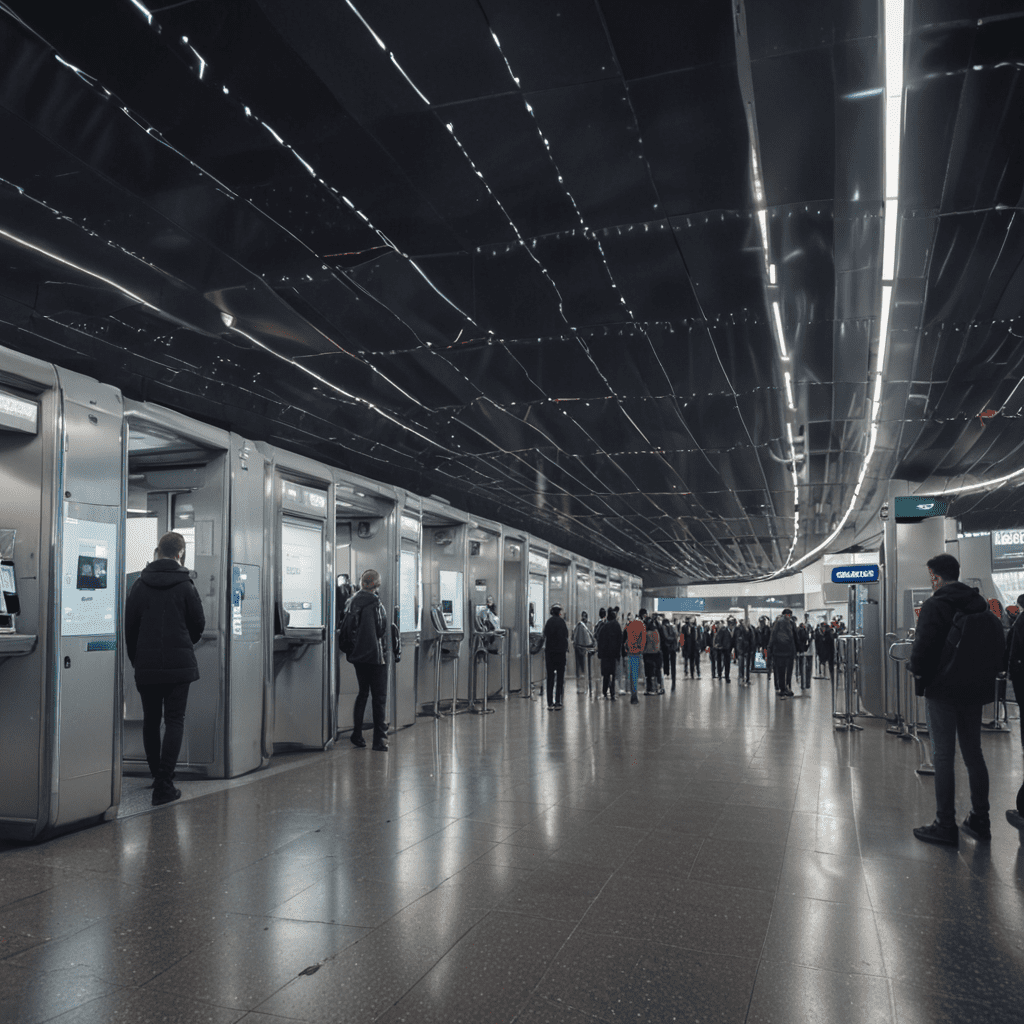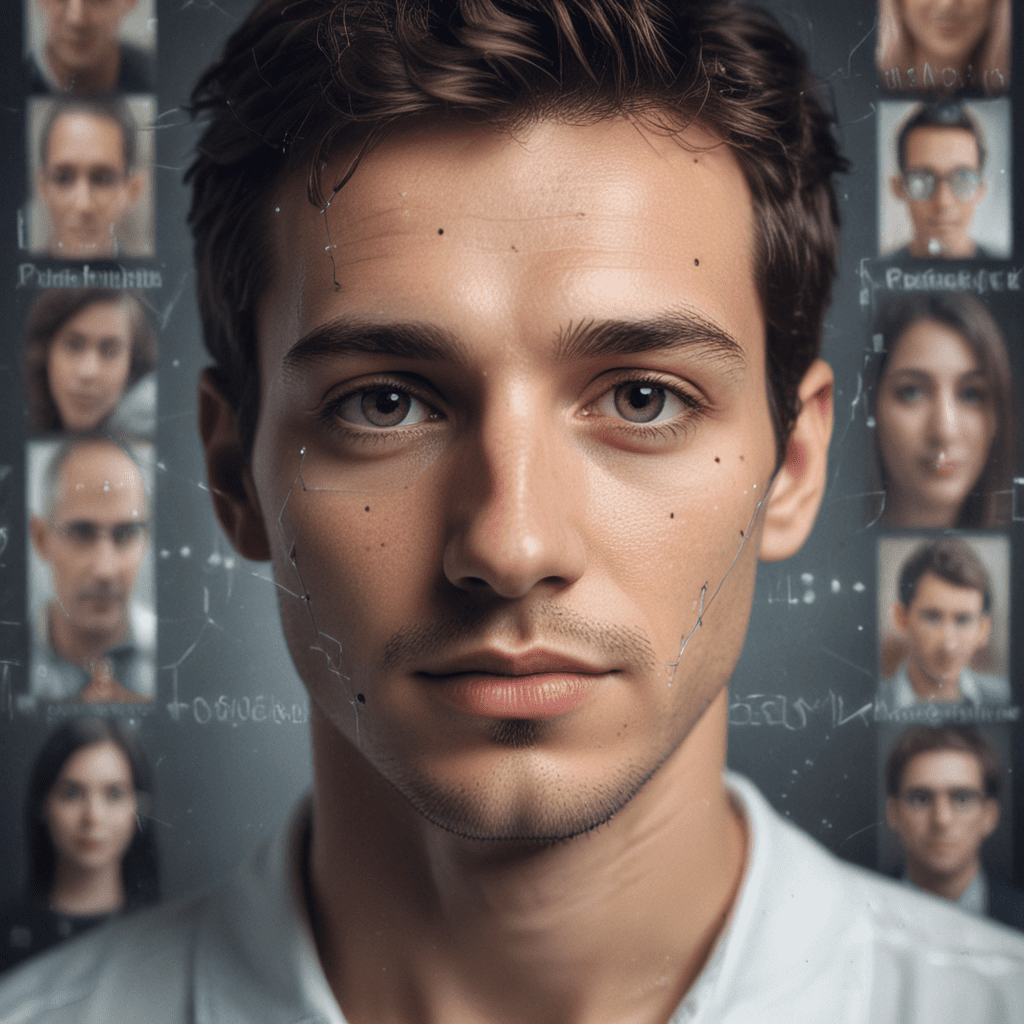
Facial Recognition: Impact on Social Dynamics and Human Connections
Introduction
Facial recognition technology, utilizing AI algorithms to identify individuals based on their facial features, has rapidly advanced in recent years. While initially introduced for security purposes, its applications are now expanding into various aspects of our lives, including social interactions, education, and healthcare. This article explores the profound impact of facial recognition on social dynamics and human connections, examining its benefits, concerns, and ethical implications.
Facial Recognition in Surveillance and Security
Facial recognition has significantly enhanced security measures, making it easier to identify and track individuals. In law enforcement, it aids in crime prevention and suspect identification. Airports and border control leverage facial recognition to streamline security checks and prevent identity fraud. However, concerns arise regarding privacy violations. Without proper regulation, facial recognition poses a risk of surveillance abuse and potential discrimination.
Facial Recognition in Social Interactions
In social settings, facial recognition offers convenience and accessibility. From unlocking smartphones to tagging friends in photos, it enhances user experience. However, it also raises concerns about the loss of anonymity and depersonalization. The constant potential for facial recognition in public spaces may erode social cues and hinder natural interactions.
VI. The Impact of Facial Recognition on Social Norms
Facial recognition technology has the potential to alter our perceptions of trust and privacy. The constant monitoring and identification of individuals may lead to a diminished sense of anonymity, affecting social interactions and trust. Furthermore, the erosion of social cues and nonverbal communication, essential for understanding social dynamics, could become more prevalent as facial recognition becomes more widely adopted.
VII. The Role of Facial Recognition in the Future of Human Connections
While facial recognition offers potential benefits in enhancing communication and accessibility, concerns arise about the loss of human touch and emotional connection. Over-reliance on facial recognition technology may hinder the development of genuine human relationships and diminish the depth of interpersonal interactions.
VIII. Ethical Considerations in Facial Recognition
The use of facial recognition raises several ethical concerns. Privacy and data security are paramount, as the collection and storage of facial data can pose significant risks if not handled responsibly. Bias and discrimination are also pressing issues, as facial recognition algorithms have been shown to exhibit biases based on race, gender, and other factors. Finally, consent and transparency are crucial, ensuring individuals are fully informed about the use of their facial data and have the right to opt out of facial recognition systems.
IX. Policy and Regulation of Facial Recognition
To mitigate the risks and protect privacy, robust regulation is necessary. Governments and regulatory bodies must establish clear guidelines for the use of facial recognition technology, balancing the benefits and risks. This includes regulations on data collection, storage, and usage, as well as addressing concerns about bias, discrimination, and consent.
X. Conclusion
Facial recognition technology has significant implications for social dynamics and human connections. While it offers potential benefits in security, convenience, and accessibility, it also raises concerns about privacy, depersonalization, and the erosion of social norms. Ethical considerations and responsible use are paramount to ensure that facial recognition technology enhances our lives without compromising our fundamental rights and human connections. Informed decision-making and transparent regulations are crucial to shape the future of facial recognition and its impact on society.
FAQ
Q: Is facial recognition technology accurate?
A: Facial recognition algorithms have improved significantly in recent years, but they are not foolproof. Factors such as lighting, facial expressions, and makeup can affect accuracy.
Q: How can I protect my privacy from facial recognition?
A: You can opt out of facial recognition systems by adjusting your privacy settings on social media platforms and mobile devices. You can also use privacy screens or cover your face in public spaces.
Q: What are the potential benefits of facial recognition?
A: Facial recognition can enhance security, streamline social interactions, improve healthcare, and aid in education. It can also provide convenience and accessibility in various applications.
Q: What are the ethical concerns surrounding facial recognition?
A: Privacy violations, bias and discrimination, and the erosion of social norms are among the ethical concerns raised by the use of facial recognition technology.
Q: How can facial recognition technology be used responsibly?
A: Responsible use of facial recognition involves transparent consent, robust data security, and regulations to prevent abuse. It also requires respect for privacy and the protection of human rights.


